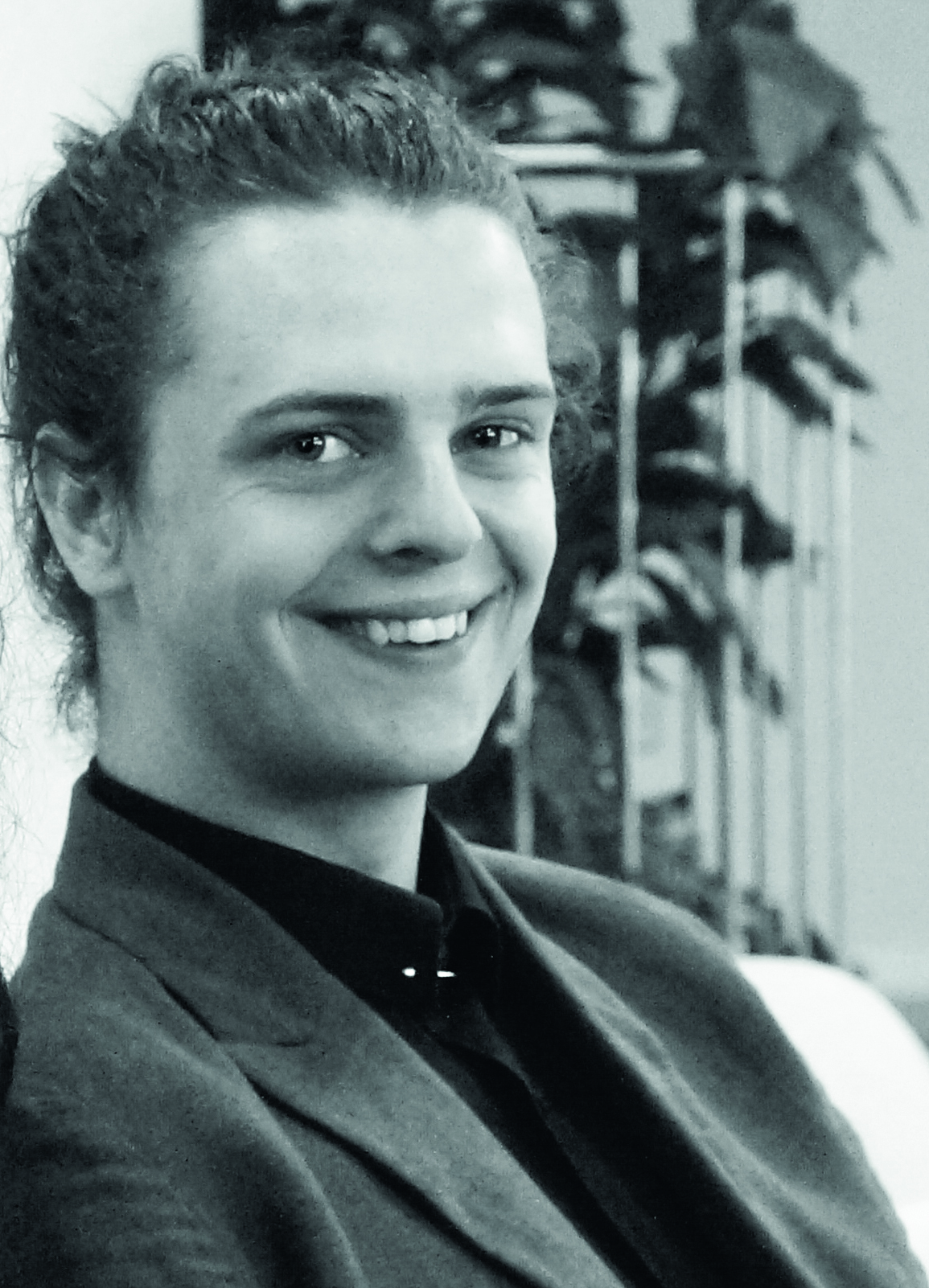Talents thrive on teamwork
The global labour market is like a sports arena: the players’ success depends on their talent and training. Aarhus University produces academically strong graduates who also receive training in a wide variety of the core competences that are necessary on the global labour market – for example, cooperation, innovation and global understanding.


Danes work together
Many of AU’s international Bachelor’s, Master’s and PhD degree students mention this focus on cooperation when describing their experiences with the degree programmes and the study environment at AU. “For Danish students, it’s all about the group functioning well, and about having a good process. In the beginning, this was a little hard for me to understand as a German who is used to a lot of individual competition. Through my studies at Aarhus University, I’ve learned that the result is almost always better if you make sure that your group’s teamwork functions,” says German Bachelor’s degree student Jan Cayo Fiebig.
Innovation through reflection
Alexandra Dragomir (Romania) and Sin Yintong (China) both say that their studies at Aarhus University have taught them to learn. “In Romania, you learn to learn by rote, but that doesn’t lead to innovation. At Aarhus University, I’ve instead learned to reflect on my knowledge and apply it,” says Alexandra Dragomir. Sin Yintong adds: “In China, you also learn things by rote, but in Denmark you learn that the argument is the most important. That’s probably the most important thing I’ve learned at Aarhus University.”
Critical thinking
When asked what characterises the study environment and the relationship between students and teaching staff at Aarhus University, Peter Svensson, professor of dentistry at Aarhus University, replies with just one word: “teamwork”. “If students and PhD students aren’t capable of teamwork, it’s hard to get the job done,” he explains. According to Svensson, the informal tone of relations between teaching staff and students contributes to the development of yet another important professional competence: critical thinking. “Where PhD students are concerned, as a professor, I’m first and foremost an adviser or facilitator. That is, I’m someone who asks questions and gets the students to contribute their own views and reflections. They wouldn’t do that if I just told them what’s right and what’s wrong.”
